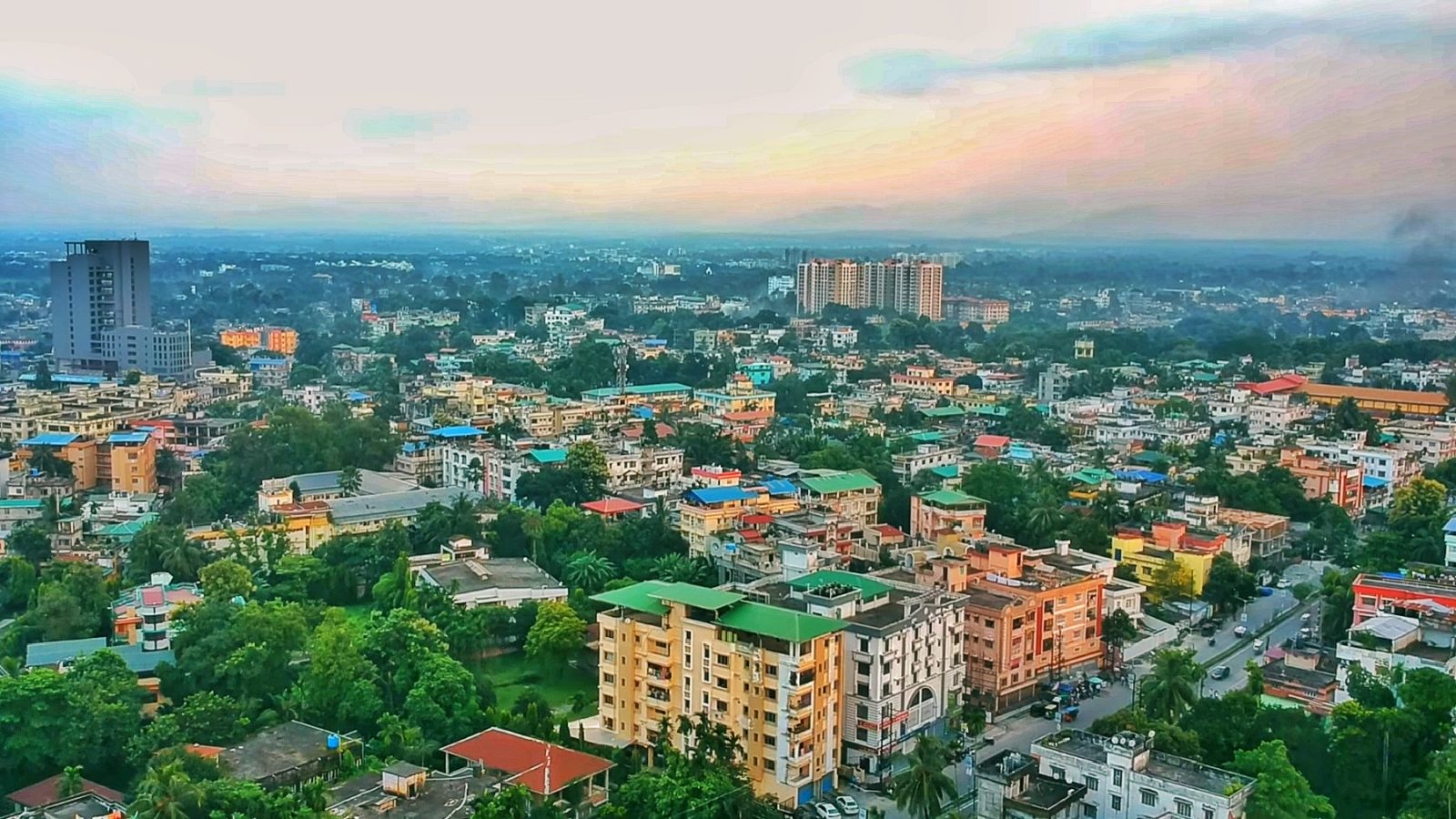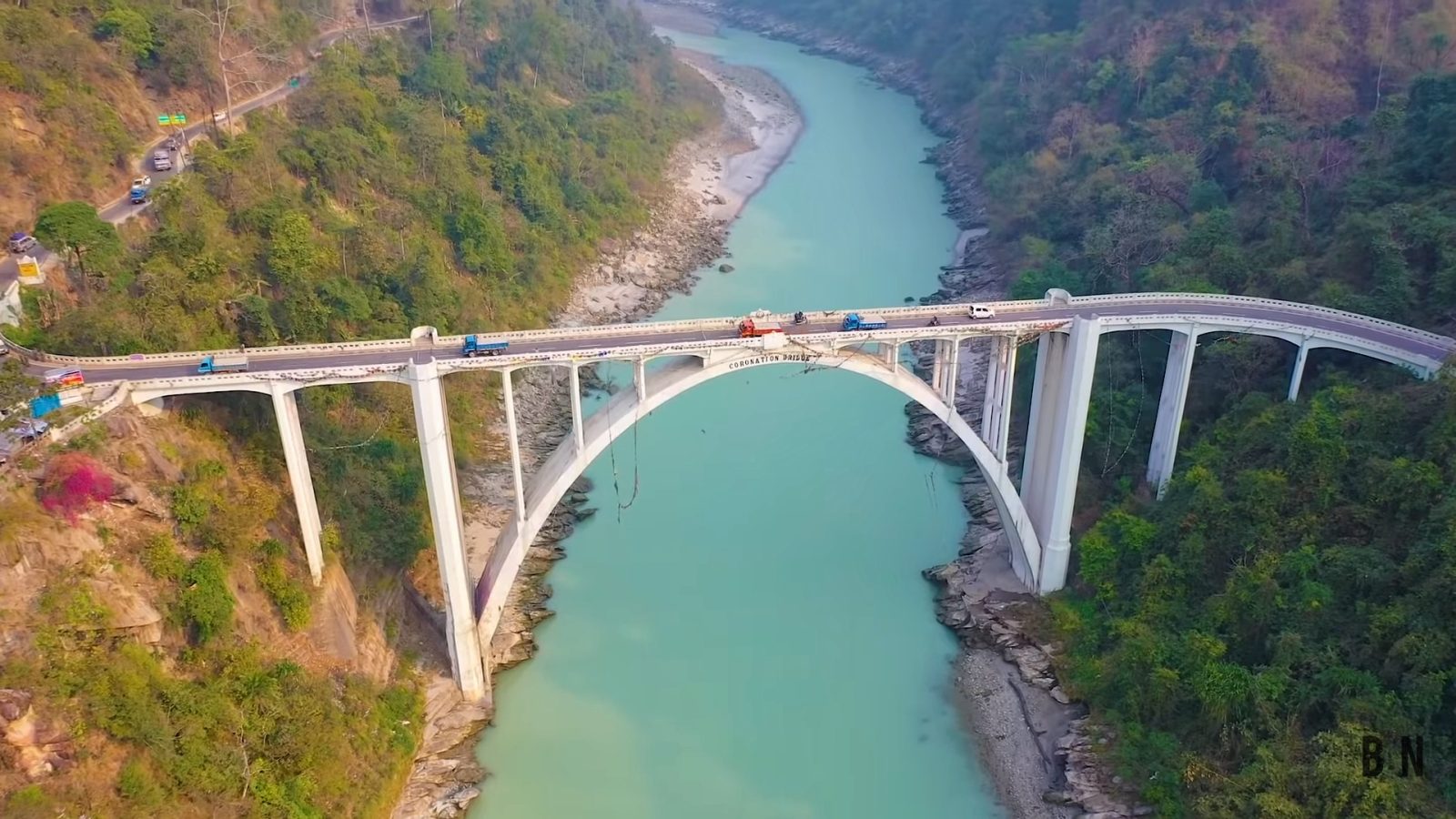Home








Welcome to Siliguri !
Siliguri is a city located in the northeastern part of India, primarily in the state of West Bengal, but parts of it also extend into the state of Sikkim. It serves as a key commercial and transportation hub in the region due to its strategic location near the borders of Nepal, Bhutan, and Bangladesh.
Geography

Siliguri lies in the foothills of the Eastern Himalayas and is bordered by the Mahananda River to the east and the Teesta River to the west. The city is known for its scenic beauty, with lush green tea gardens and views of the Himalayas.
History

Siliguri’s history is closely tied to the development of the tea industry in the 19th century. It grew significantly with the construction of the railway line connecting it to other parts of India. The city’s strategic location made it a critical point during the Indo-China War of 1962 and later conflicts.
Economy

The economy of Siliguri is diverse, with major contributions from:
- Tea Industry: The region is famous for its tea, particularly Darjeeling tea, which is processed in numerous tea estates around Siliguri.
- Tourism: It serves as a gateway to several popular hill stations like Darjeeling, Kalimpong, and Gangtok.
- Trade and Commerce: Siliguri is a major trading and commercial center due to its location near international borders.
- Transportation: The city is a significant transportation hub, with the New Jalpaiguri railway station and Bagdogra Airport providing connectivity to the rest of India.
Transportation

- Rail: New Jalpaiguri (NJP) is a major railway junction that connects the northeastern states with the rest of India.
- Air: Bagdogra Airport offers domestic flights and limited international flights.
- Road: Siliguri is well-connected by national highways, making it a vital road link for neighboring countries.
Culture

Siliguri is a melting pot of various cultures and communities, including Bengalis, Nepalis, Biharis, Marwaris, and Tibetans. This diversity is reflected in its festivals, cuisine, and daily life.
Education
The city hosts several educational institutions, including North Bengal University, medical colleges, and various schools and colleges offering a range of courses.
Tourism and Attractions

- Mahananda Wildlife Sanctuary: Known for its rich biodiversity, including elephants, tigers, and various bird species.
- ISKCON Temple: A significant spiritual and cultural center.
- Salugara Monastery: A Buddhist pilgrimage site.
- Science City: An educational and entertainment facility.
- Hong Kong Market: Famous for imported goods, particularly electronics and clothing.
Climate

Siliguri experiences a humid subtropical climate, with hot summers, a monsoon season, and mild winters. The best time to visit is during the winter months from October to February when the weather is pleasant.S
Demographics
As of the latest census, Siliguri has a population of over 700,000 people. The literacy rate is relatively high, and the city has seen rapid urbanization in recent years.
Challenges
Siliguri faces several challenges, including traffic congestion, urban sprawl, and environmental issues like deforestation and pollution. However, efforts are being made to address these issues through sustainable development initiatives.
Overall, Siliguri is a dynamic and rapidly growing city that serves as an essential gateway to the northeastern states of India and neighboring countries.